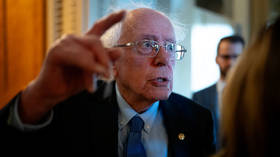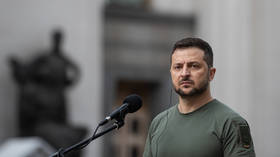Renewable push looks for alternative environment
Russia should shift its focus from oil and gas and begin developing alternative energy. But members of the International Energy forum say innovations will require state investment and social and economic policy changes.
Alternative energy currently provides less than 1% of Russia’s energy but the government is planning to boost that to 4.5% by 2020. The country has huge potential to develop solar, nuclear, hydro and wind resources, and the business community is keen to innovate. But Robert Nigmatulin, Director of the Institute of Oceanology says the burden is too heavy without state support.
“Governments in all the developed countries contribute a lot from their budgets. To make innovation a reality, Russia needs to change its social and economic course. We need to redistribute incomes, adjust the tax system and change budget policy.”
Russia recently adopted new legislation on energy efficiency, but the law doesn’t outline how the state can facilitate alternative projects. Businessmen complain that the energy reform – aimed at attracting investment, creating a free market and updating old capacity – has failed to meet expectations. Nadezhda Gerasimova, Deputy Chairman of the State Duma says there is too much red tape.
“There’s still too much bureaucracy in our legislation, especially for start-up projects. That hinders small business engagement in the innovation sector. We are expecting changes. The government should also work harder to encourage scientists.”
But following a massive brain drain in the 1990s innovative science in the country is lagging the rest of the world. Russia now has to turn to foreign expertise. Experts say the clock is ticking as Russia's hydrocarbon resources shrink and their exploration demands more and more money.












